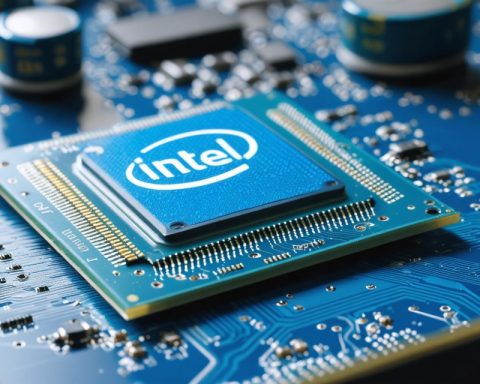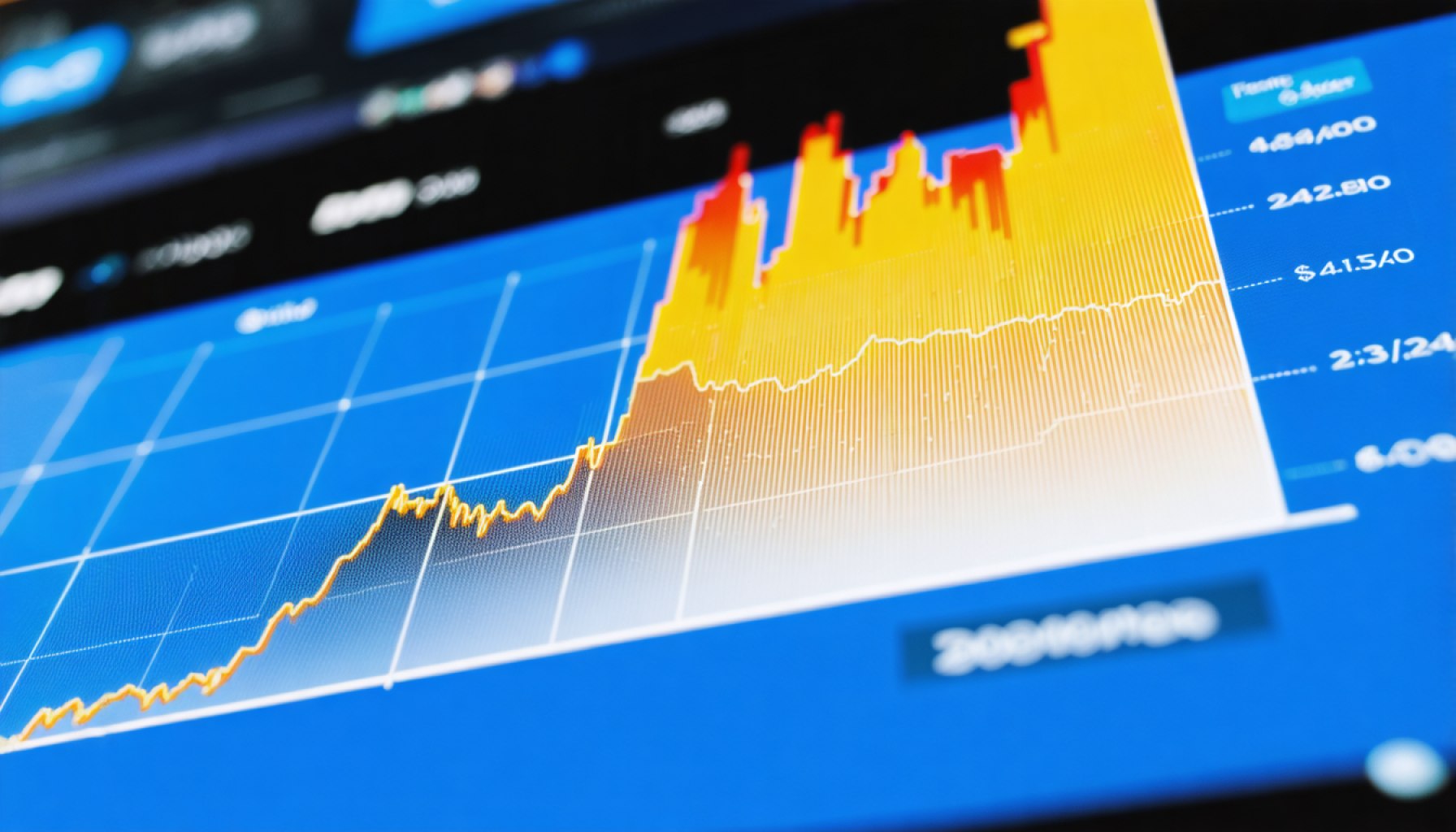- CytoMAD is an AI-powered imaging tool developed by scientists at the University of Hong Kong for cancer diagnosis.
- It utilizes advanced AI and microfluidic technology for rapid, cost-effective, and label-free cellular imaging.
- The tool allows clinicians to assess tumor characteristics at the single-cell level, enhancing diagnostic precision and drug development.
- CytoMAD eliminates the need for traditional staining and labeling, saving time and reducing the labor involved in cancer diagnostics.
- This technology unlocks hidden cellular properties from brightfield images, without fluorescence labeling, to reveal mechanical and molecular details.
- Beyond diagnostics, CytoMAD aims to predict disease progression and accelerate drug discovery processes, broadening its application in personalized medicine.
In the bustling heart of Hong Kong, a team of scientists at the University of Hong Kong has unveiled a groundbreaking tool poised to revolutionize cancer diagnosis. Under the leadership of biomedical engineering expert Xie Jianwen, they have developed an artificial intelligence-powered imaging tool called “CytoMAD,” specifically designed to accelerate and enhance the accuracy of cancer diagnosis.
Harnessing the power of cutting-edge AI alongside the team’s proprietary microfluidic technology, CytoMAD distinguishes itself by offering rapid, cost-effective, and label-free cellular imaging. This innovation provides clinicians the ability to evaluate tumor characteristics at the single-cell level, offering critical insights into the metastatic potential of lung cancer cells, among other applications.
Unlike traditional methods that rely heavily on labor-intensive processes such as staining and labeling, CytoMAD streamlines the diagnostic workflow. By circumventing these conventional techniques, the AI tool not only saves valuable time and reduces human labor but also enhances the precision of diagnostics and drug development, improving the overall patient experience.
Traditionally, brightfield images of cells resemble a chaotic canvas of indistinct spots, revealing little about cell characteristics. CytoMAD changes this by training AI models to extract hidden cellular properties from these images, bypassing the need for fluorescence labeling. This approach unveils a cell’s mechanical and molecular blueprint, significantly expanding the potential for clinical applications.
The ambitious trajectory for CytoMAD doesn’t stop at diagnostics. The team envisions harnessing this technology to predict disease progression in patients and compress the lengthy process of drug discovery. As they accumulate data, this AI tool could become a cornerstone in understanding and combatting not just lung cancer, but a spectrum of diseases, marking a new era in personalized medicine and research.
Unveiling CytoMAD: A Game Changer in Cancer Diagnosis and Beyond
How-To Steps & Life Hacks: Leveraging CytoMAD in Clinical Settings
1. Integration into Workflows: Clinicians can integrate CytoMAD into their existing diagnostic processes by incorporating the AI tool with microfluidic devices, minimizing the need for labeling and staining.
2. Training for Clinicians: Staff should undergo training on how to interpret CytoMAD’s outputs, focusing on understanding AI-generated insights regarding tumor characteristics and metastasis potential.
3. Data Management: Establish protocols for managing and storing the high-volume data generated by CytoMAD, ensuring compliance with patient privacy laws and regulations.
4. Collaboration: Encourage collaborative efforts with AI specialists and biomedical engineers to continually refine and test the tool’s applications in various types of cancer and diseases.
Real-World Use Cases
1. Lung Cancer Diagnostics: CytoMAD’s primary application is in diagnosing lung cancer at a cellular level, aiding in early detection and personalized treatment planning.
2. Metastatic Potential Evaluation: The tool can assess the metastatic potential of tumors, allowing for proactive treatment strategies.
3. Drug Discovery: By providing detailed cellular imaging without the need for labeling, CytoMAD accelerates the drug discovery process, optimizing time-to-market for new therapies.
Market Forecasts & Industry Trends
– Rising AI in Healthcare Market: The global AI in healthcare market is expected to grow from $6.9 billion in 2021 to $67.4 billion by 2027, according to a report by MarketsandMarkets, driven by advances like CytoMAD.
– Trend Towards Personalized Medicine: Technologies like CytoMAD are part of a larger shift towards personalized medicine, where treatments are tailored based on individual patient profiles.
Reviews & Comparisons
– CytoMAD vs Traditional Methods: Compared to traditional methods, CytoMAD offers faster diagnostics, reduced human error, and is less labor-intensive. Traditional staining methods, while effective, are time-consuming and costly.
– Alternative AI Tools: While similar AI-based tools exist, CytoMAD’s use of microfluidics and its focus on label-free imaging set it apart.
Controversies & Limitations
– Data Privacy Concerns: As with any AI-driven technology, the handling of patient data is a concern. Strict data protection measures are imperative.
– AI Bias: Potential biases in AI training data could affect diagnostic accuracy. Continuous updates and diverse datasets are necessary to mitigate this.
Features, Specs & Pricing
– Key Features: Label-free imaging, rapid diagnostics, single-cell analysis, and integration with existing medical lab infrastructures.
– Pricing: Though specific pricing details are not publicly available, costs are expected to be competitive against traditional histopathology equipment.
Security & Sustainability
– Data Security: Implementation of advanced cybersecurity measures is crucial for safeguarding patient data within CytoMAD systems.
– Sustainability: By reducing the need for chemical agents and minimizing waste, CytoMAD contributes to a more sustainable diagnostic environment.
Insights & Predictions
– Expanding Applications: Future developments could see CytoMAD applied to other diseases, such as infectious diseases and cardiovascular conditions.
– Integration with Telemedicine: The pandemic has accelerated telemedicine; CytoMAD could be instrumental in remote diagnostics, especially in underserved regions.
Pros & Cons Overview
Pros:
– Rapid, accurate diagnostics
– Cost-effective
– Non-invasive
Cons:
– Initial integration costs
– Requires training and familiarization
– Potential data privacy concerns
Actionable Recommendations
– Stay Updated: Healthcare providers should keep abreast of updates from the University of Hong Kong for the latest on CytoMAD developments.
– Pilot Testing: Institutions can run pilot programs to evaluate CytoMAD’s efficacy in improving diagnostic accuracy within their settings.
For more information on healthcare innovations, visit the University of Hong Kong website.
CytoMAD is positioned to transform cancer diagnostics, leading the way to a future where personalized medicine is the norm. By embracing such technologies, healthcare providers can deliver more accurate, efficient, and patient-friendly care, ultimately improving outcomes across the board.










